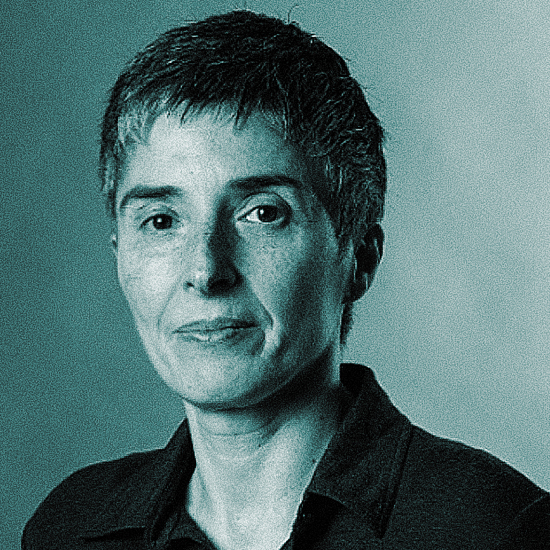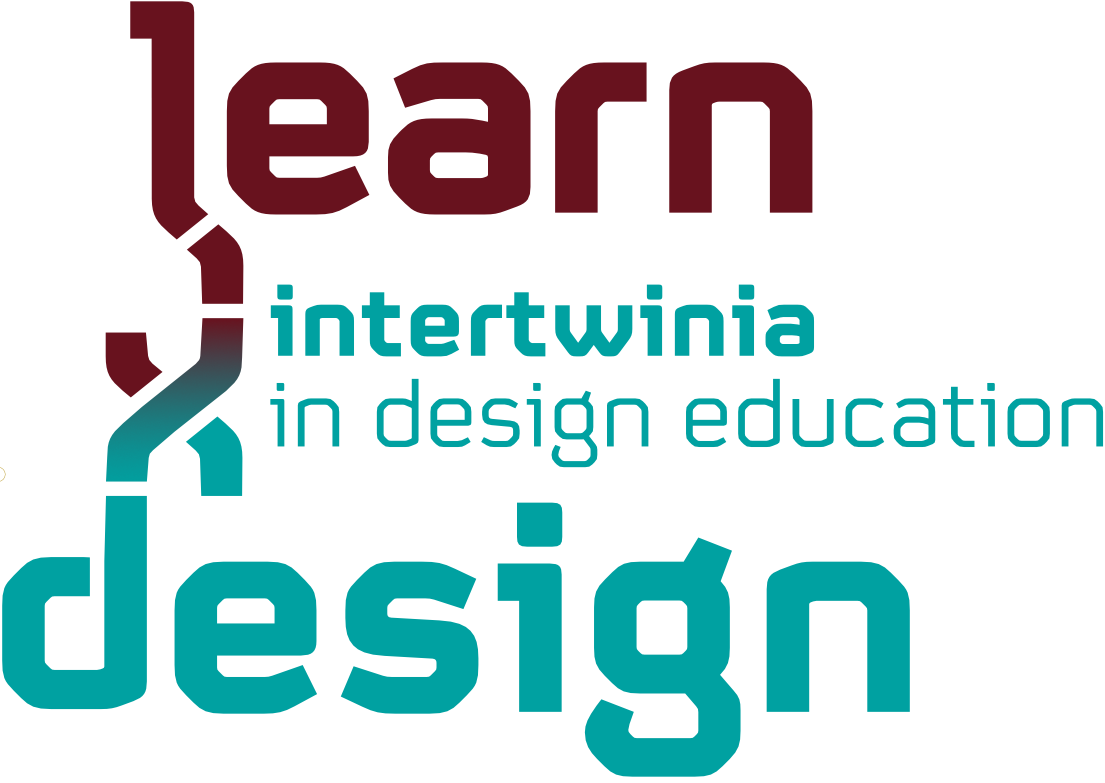keynote speakers

Paul Hekkert
Design Education for Impact
Over the past two decades, the discipline of design has moved beyond the immediate satisfaction of end users, towards impacting society at large. This movement has brought challenges for design education, design research and design practice that we can hardly oversee. With an emphasis on design education, this talk will illustrate how we have radically addressed these challenges in the design of a new design school in India, The Design Village. All four conference themes are reflected in the design philosophy, organisation, and pedagogy of this school, optimised to design for “a better world”.
Dr. Paul Hekkert is currently Visiting Research Professor at the Department of Design, Politecnico Milano. For 20 years (2003-2024), Paul was full professor at the school of Industrial Design Engineering, Delft. Here he conducted research on the ways products impact human experience, values and behavior. He is author of Vision in Design: A guidebook for innovators (2011) and Designing for Society: Products and Services for a Better World (2019). Paul is captain of science of the Dutch Creative Industries sector and serves on the International Advisory Council of the Design Research Society.

Katja Tschimmel
Living Design Thinking: A 40-Year Journey through Practice, Research, and Higher Education
In this keynote, Katja Tschimmel maps the four phases of Design Thinking’s evolution (DT1.0–4.0), connecting her own research and practice to the future of Design Education. Her talk will reflect on this trajectory, identifying key tensions and opportunities for Design Thinking in Higher Education: balancing creativity with academic rigour, collaboration with individual expertise, sustainability with innovation, and life-centred methods with AI-driven approaches. Through this lens, she will outline how Design Thinking education can evolve to prepare future designers, researchers, and professionals for the challenges and opportunities of a complex and rapidly changing world.
Katja Tschimmel is a consultant, executive trainer, researcher, lecturer, and conference speaker, operating at the intersection of business (Mindshake) and academia (Porto University & Porto Business School). Holding a Ph.D. in Design and a Master’s in Applied Creativity, she brings over 20 years of expertise in Creativity, Design Thinking, Design Education, and Innovation. Katja is the (co-) author of several books and numerous articles on creativity, design, and innovation. In her consultancy work, she specialises in designing innovation frameworks and supporting their organisational implementation. Since 2023, she has served as the Portuguese Ambassador for the World Creativity and Innovation Week (wciw.org), championing creative approaches to building a better world.
Round Table Chairs

Emília Duarte
Entangled Futures: Intertwining AI, Ethics and Design Learning
In a pivotal moment where Artificial Intelligence threatens to permeate all aspects of human life and reshape the very processes of teaching and learning, this roundtable invites reflection on the ways in which AI intertwines with Design education. Rooted in a post-humanist perspective, critical of anthropocentrism and attentive to the relational entanglements that sustain life, it calls for a resonant education, where design is understood as an encounter between subject and world, in which both are transformed. Rather than viewing AI as a mere “thread” added to the educational fabric, we propose to consider how it actively intertwines with pedagogy, creativity, and critique, reconfiguring the very texture of learning. This raises pressing ethical and moral dilemmas, which will be brought into dialogue with the audience in an interactive format.
Product designer with a PhD in Human Kinetics and a specialisation in Ergonomics. She is a full professor at IADE – Universidade Europeia in Lisbon, Portugal, and the coordinator of UNIDCOM/IADE – Research Unit in Design and Communication. Throughout her career, she has coordinated the PhD in Design programme and the Master’s in Interaction Design at IADE. From 2014 to 2016, she served as Vice-Rector for Research at IADE-U. Her research interests focus on areas such as cognitive ergonomics, user experience, interaction design, emotional design, social design, design for behaviour change, and design for health and wellbeing.

Heitor Alvelos
Fostering Collaboration and Reciprocity within and among Design PhD courses in Portugal: perspectives and testimonies from students
This panel will bring together Design PhD students in Portugal with the aim of surveying the current dynamics and synergies of their programmes, based on their own experiences. By sharing, contrasting, and complementing examples of their research environments, these students will highlight good practices in their courses and in their own work, as well as the challenges they have faced in the “cross-pollination of ideas” and in the search for common relevance. Representatives from all PhD Design programmes in Portugal will participate. Each participant will be invited to provide a short presentation addressing topics such as shared spaces, skills and resources, reciprocal motivation, informality and proactivity, the benefits of colleagues’ input, mutual contributions across projects, and weak ties as drivers of unexpected insights.
Full Professor of Design at University of Porto, and Director of ID+ UPorto Hub. Currently Vice-President of the European Academy of Design, Member of Academia Europaea and European Science Foundation. Course Director, PhD in Design U.Porto, 2011-2024; Chairman, Scientific Board (HSS), Foundation for Science and Technology, 2016-2022, Outreach Director, UTAustin-Portugal, 2010-2014; Senior Tutor, Drawing Studio, Royal College of Art, 1999-2001. Coordinated a national and international research projects since 2007, including “Anti-Amnesia” (2019-2021), and “An Infodemic of Disorientation” (2022-24). Consultancy work for Ministry of Science (Portugal), Arts and Humanities Research Council (UK), and New European Bauhaus (EU Commission).

Rita Almendra
Towards a New Ecology of Design Learning
In this final round table, Rita Almendra and EdSIG will revisit the questions raised during the LxD25 Call for Submissions. The discussion will focus on the four thematic tracks shaping Intertwinia in Design Education: 1. creators and connectors; 2. principles and methods; 3. tensions and challenges; and, 4. future and uncharted connections.
In the true spirit of Intertwinia, all delegates are invited to contribute to this closing dialogue by registering their own perspectives on the collaborative mural “Intertwining Insights” located near the welcome desk – a space where individual reflections intertwine into a collective tapestry of ideas.
She is a Full Professor at the Lisbon School of Architecture (FA ULisbon), where she leads the Scientific Area of Design, the Project Design Department, and the Design Doctoral Program. With a PhD in Design, a Master’s in Design Management, and an MBA in Marketing from Universidade Católica Portuguesa, she graduated in Design in 1998. She has published extensively, including journal articles, books, and book chapters. She has supervised 48 PhD theses and 78 MSc dissertations and regularly participates in funded research projects. Her research interests span Design Education, Design Research, Social and Sustainable Design.
stay tuned for the upcoming announcements
This work was supported by FCT – Fundação para a Ciência e Tecnologia, I.P. by project reference UIDB/04057/2020 and DOI identifier <https://doi.org/10.54499/UIDB/04057/2020>.








